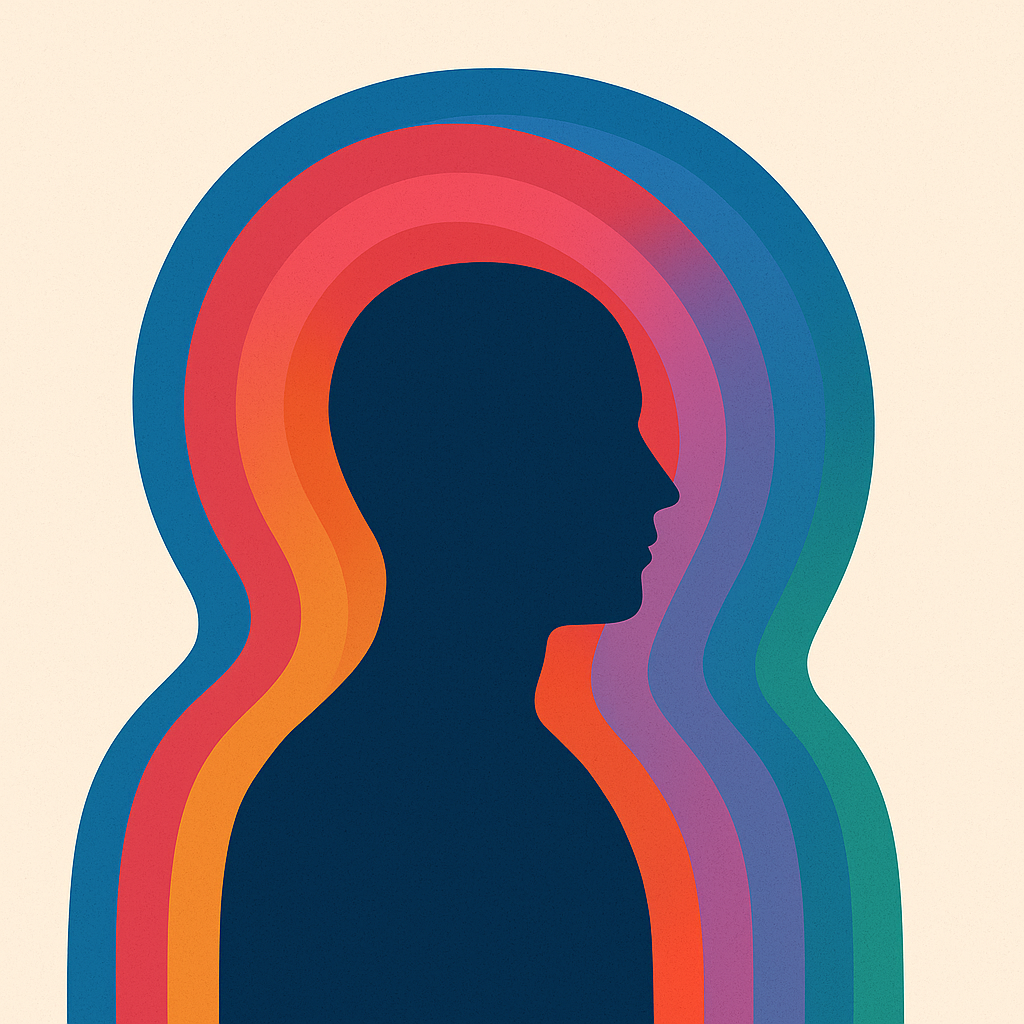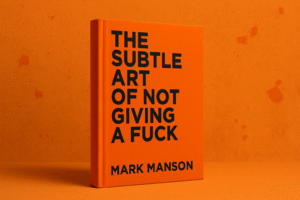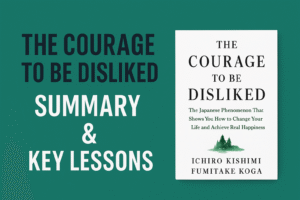Have you ever sat quietly and wondered—Who am I really? Am I just my body, my thoughts, my memories? Or am I something deeper?
David Eagleman, a neuroscientist and storyteller, takes this exact curiosity and turns it into a fascinating exploration in his book The Brain: The Story of You. It’s not just another science book filled with heavy jargon. Instead, it’s like sitting down with a guide who walks you through the mysteries of your own mind—how you see the world, why you make decisions, and what the future of human consciousness might look like.
In this blog, I’ll share the essence of Eagleman’s book, breaking down its key ideas in a way that can genuinely help you reflect on your life, your choices, and even the possibilities of tomorrow.
About the Author and the Book
David Eagleman is not your typical scientist locked away in a lab. He’s a professor of neuroscience at Stanford University, known for making complex brain science easy to understand. His TED Talks, TV series, and books show his talent for storytelling with science.
The Brain: The Story of You is his attempt to answer one powerful question: What does it mean to be you? Through stories, case studies, and cutting-edge research, he reveals how our brain shapes our identity, perceptions, relationships, and even our future.
How the Brain Shapes Who You Are
Identity: The Illusion of a Fixed Self
We often think of ourselves as stable—“I am who I am.” But Eagleman shows that our brain is in constant motion, rewiring and reshaping itself with every experience.
For example, people who suffer brain injuries or diseases sometimes undergo dramatic personality changes. This reminds us that our sense of “self” is not set in stone—it’s the product of billions of neurons firing in unique patterns.
This idea can be both humbling and liberating. It means you’re not locked into who you were yesterday. Your brain is plastic—capable of change. With new habits, learning, or therapy, you can literally rewire who you are.
Perception: The World as Your Brain Paints It
Here’s a surprising truth—your brain doesn’t give you reality. It gives you its version of reality.
Think about optical illusions. Even when you know the trick, your brain can’t help but see things a certain way. Eagleman explains that our senses are like filters. The brain collects raw data from the outside world, then interprets it in a way that feels consistent and useful for survival.
In other words, what you see, hear, or feel isn’t the world “as it is,” but the world “as your brain constructs it.” Once you realize this, you start questioning your assumptions. Maybe two people aren’t disagreeing because one is wrong—but because their brains are literally experiencing different realities.
Memory and Decision-Making: Are We in Control?
One of the most eye-opening sections of Eagleman’s book is about memory. We like to think of memory as a video recording—playback of what actually happened. But neuroscience says otherwise. Memory is more like storytelling. Each time you recall an event, your brain reconstructs it, sometimes altering small details. This is why eyewitness testimonies can be unreliable.
Now, let’s talk decisions. Eagleman shares studies showing that our brains often “decide” before we consciously realize it. That means free will might not be as absolute as we imagine. Instead, much of what we do is driven by unconscious processes, with our conscious mind often justifying it afterward.
Does this mean we’re robots? Not really. It means being aware of how your brain works can help you make better choices. By slowing down, practicing mindfulness, and questioning your impulses, you can regain a sense of agency over your life.
The Social Brain: Wired for Connection
Humans are social creatures, and Eagleman emphasizes that our brains evolved to thrive in groups.
Neurons in our brain—like mirror neurons—help us understand and empathize with others. That’s why you feel a pinch when you see someone get hurt, or why yawning spreads in a room.
But the social brain is also what makes morality, cooperation, and culture possible. The same wiring that helps us bond can also create division if we label others as “different.” Eagleman challenges us to use this knowledge consciously to build empathy, bridge divides, and create stronger communities.
The Future of the Brain
This is where Eagleman shifts from science to imagination. What could the future of our brains look like?
- Brain-Machine Interfaces: Scientists are already working on devices that connect the brain to computers. Imagine controlling a prosthetic arm with your thoughts or restoring vision to the blind.
- Expanding Human Senses: Our biological senses are limited. But what if we could “see” Wi-Fi signals or “hear” infrared light? Eagleman suggests technology could give us superhuman perception.
- Uploading Consciousness: A more futuristic idea what if one day we could upload our brain data into a computer? Would “you” still be you, or just a copy?
These ideas raise big ethical questions. Just because we can push the boundaries of the brain, should we? And how will these changes affect what it means to be human?
Why Eagleman’s Writing Works
What makes this book special is not just the science, but how Eagleman explains it. He doesn’t bury you under technical terms. Instead, he uses stories, metaphors, and real-life examples that make you go, Wow, that makes sense.
For instance, instead of saying “the brain interprets sensory input,” he might describe it as your brain creating a movie inside your head one you mistake for reality. This style makes the book approachable for anyone, even if you’ve never opened a neuroscience textbook.
Key Takeaways for You
Reading The Brain is more than just learning science it’s like holding a mirror to your own life. Here are some lessons you can carry forward:
- You can change. The brain is plastic. Who you are today is not the final version of you.
- Reality is subjective. Be humble about your perspective; others might truly see the world differently.
- Question your memories. They are reconstructions, not perfect records.
- Slow down your decisions. Your unconscious mind is powerful, but awareness can give you more control.
- Value human connection. Our brains are wired for empathy use that wiring to build, not divide.
Conclusion
David Eagleman’s The Brain: The Story of You isn’t just a book about science it’s a book about being human. It challenges how we see ourselves, our choices, and our future.
In a world where technology is rapidly advancing and mental health is a growing concern, understanding the brain is more important than ever. Whether you’re a student, a professional, or just someone curious about life, this book has something for you.
Ultimately, Eagleman reminds us that “you” are not separate from your brain you are your brain. And by understanding it, you can live more consciously, empathetically, and meaningfully.
So, if you’ve ever asked yourself, Who am I? this book might not give you the final answer. But it will definitely give you the right questions to explore.
Read our book summary on THE COURAGE TO BE DESLIKE –
https://newsarmour.com/courage-to-be-disliked-summary-lessons/




